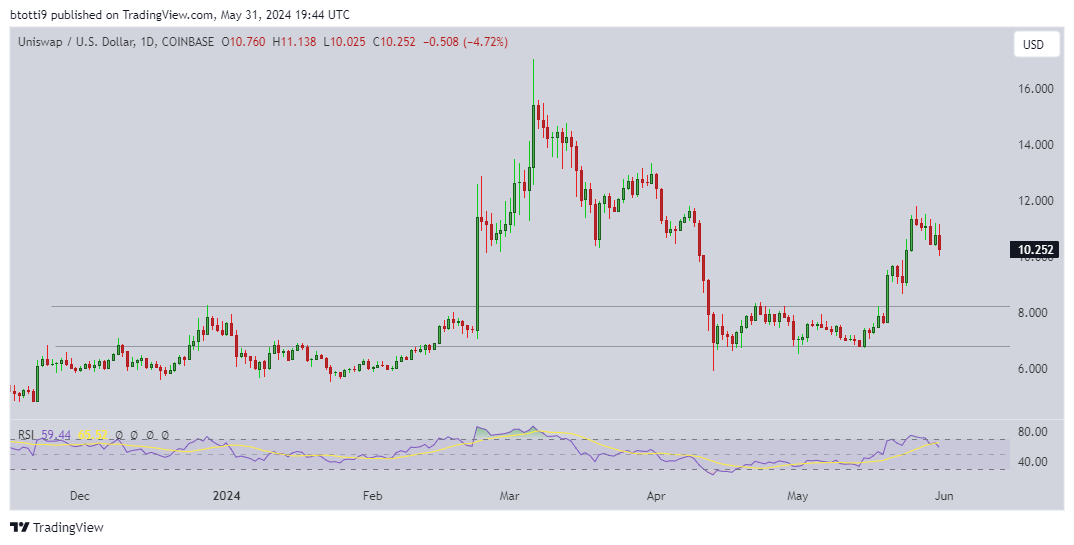- EOS Network Foundation caps token supply at 2.1 billion.
- New economic model includes 4-year halvings and support for RAM market.
- 950 million EOS tokens to be minted for ecosystem growth and rewards.
In a groundbreaking move, the EOS Network Foundation, under the leadership of CEO Yves La Rose, has approved a community proposal to cap the total supply of EOS tokens at 2.1 billion.
This decision marks a significant shift in the network’s tokenomics, aiming to stabilize and enhance the economic model of the EOS ecosystem.
Community approval and implementation
The proposal, which gained approval from at least 15 of the 21 EOS block producers, involves burning nearly 80% of the current total EOS token supply.
This drastic reduction is primarily sourced from future emissions, effectively decreasing the maximum supply from 10 billion to 2.1 billion tokens.
Yves La Rose confirmed the community’s consensus on the proposal through a post on X, emphasizing the foundation’s commitment to a fixed token supply and reduced inflation.
Currently, the circulating supply of EOS stands at 1.15 billion tokens, accounting for 54% of the newly established cap.
To support ongoing and future ecosystem growth, the proposal also includes minting an additional 950 million EOS tokens.
The minted tokens will be allocated to various ecosystem activities, such as rewarding stakers and block producers, ensuring continued incentivization and support for network participants.
Besides the trasition to a fixed token supply and reduction of the fully diluted valuation (FDV), La Rose highlighted several other key aspects of the proposal, including scheduled halvings every four years, and enhanced RAM market support.
In general, these changes aim to foster a more predictable and sustainable economic environment for the EOS network, positioning it for long-term success and stability.
EOS Network Foundation leadership transition
It is important to note that EOS was originally the creation of Block.one and the EOS token was introduced to investors through an initial coin offering (ICO) conducted between 2017 to 2018 raising $4 billion.
However, following some allegation of Block.one not reinvesting the funds raised during the ICO back in the EOS Network development, La Rose founded the EOS Network Foundation as a non-profit organization to support the EOS Network.
By capping the token supply and implementing a series of economic reforms, the EOS Network Foundation aims to create a more robust and investor-friendly ecosystem.
The planned changes are expected to be rolled out over the coming months, ushering in what La Rose describes as a “new era for EOS.”
The post EOS Network Foundation implements major overhaul caps token supply at 2.1B appeared first on CoinJournal.



